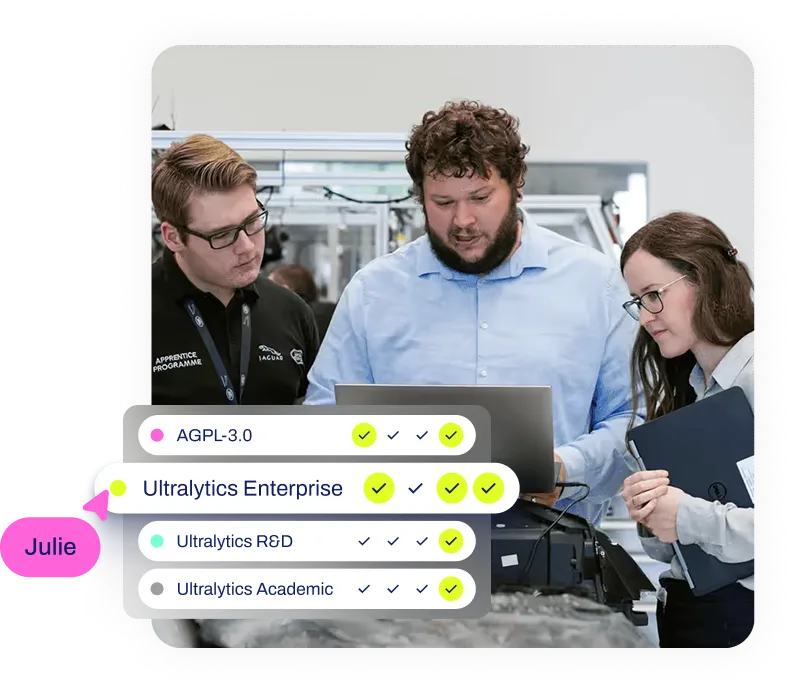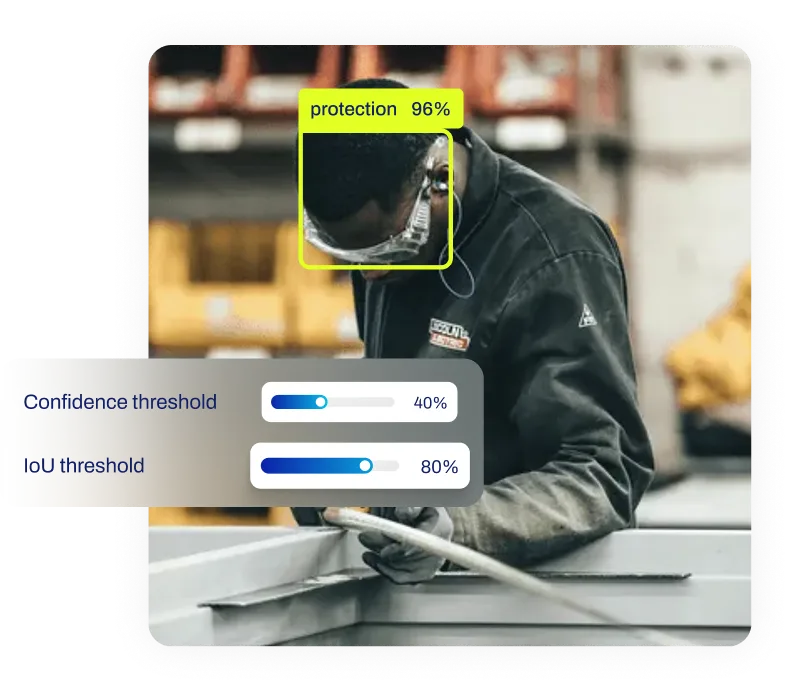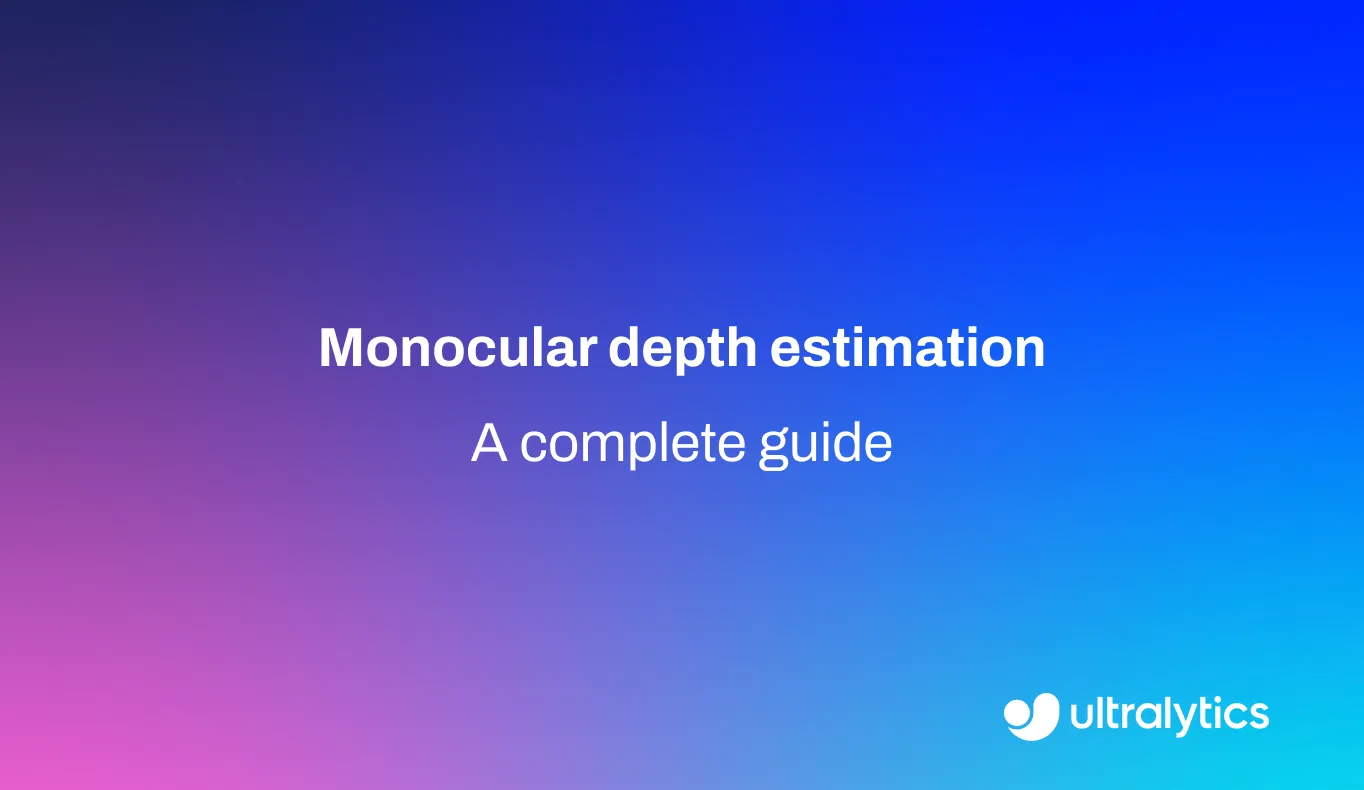Natural Language Understanding (NLU)
Explore Natural Language Understanding (NLU) and how it enables machines to interpret intent and sentiment. Learn to bridge human language with vision AI.
Natural Language Understanding (NLU) is a specialized subset of
Artificial Intelligence (AI) that
focuses on reading comprehension and the interpretation of human language by machines. While broader technologies
allow computers to process text data, NLU specifically enables systems to grasp the meaning, intent, and sentiment
behind the words, navigating the complexities of grammar, slang, and context. By leveraging advanced
Deep Learning (DL) architectures, NLU transforms
unstructured text into structured, machine-readable logic, acting as the bridge between human communication and
computational action.
Core Mechanisms of NLU
To understand language, NLU algorithms break down text into component parts and analyze their relationships. This
process involves several key linguistic concepts:
-
Tokenization: The foundational step
where raw text is segmented into smaller units, such as words or sub-words. This prepares the data for numerical
representation within a neural network.
-
Named Entity Recognition (NER):
NLU models identify specific entities within a sentence, such as people, locations, dates, or organizations. For
example, in the phrase "Book a flight to London," "London" is extracted as a location entity.
-
Intent Classification: A critical function for interactive systems, this determines the user's
goal. Intent classification analyzes a phrase like "My internet
is down" to understand that the user is reporting a technical issue rather than asking a general question.
-
Semantic Analysis: Beyond simple keywords, this process evaluates the meaning of sentence
structures. Researchers at the Stanford NLP Group have long pioneered
methods to disambiguate words based on context, ensuring that "bank" is correctly interpreted as a
financial institution or a river side depending on the surrounding text.
NLU vs. Related Disciplines
It is essential to distinguish NLU from closely related fields within the
computer science landscape:
-
Natural Language Processing (NLP):
NLP is the overarching umbrella term that includes NLU. While NLP covers the entire pipeline of handling language
data—including translation and simple parsing—NLU is strictly the comprehension aspect. Another subset,
Natural Language Generation (NLG), handles the creation of new text responses.
-
Computer Vision (CV):
Traditionally, CV processes visual data while NLU processes text. However, modern
Multi-Modal Models fuse these disciplines. NLU
parses a text prompt (e.g., "find the red car"), and CV executes the visual search based on that
understanding.
-
Speech Recognition: Also
known as Speech-to-Text, this technology converts audio signals into written words. NLU takes over only
after the speech has been transcribed into text to interpret what was said.
Real-World Applications
NLU powers many of the intelligent systems that businesses and consumers rely on daily.
-
Intelligent Customer Support: Modern
chatbots utilize NLU to resolve support tickets without
human intervention. By employing
Sentiment Analysis, these agents can detect
frustration in a customer's message and automatically escalate the issue to a human manager.
-
Semantic Search Engines: Unlike legacy keyword search, NLU-driven engines understand the query's
context. Organizations use Semantic Search to
allow employees to query internal databases using natural questions like "Show me sales reports from last
Q4," yielding precise documents rather than a list of loosely related files.
-
Vision-Language Integration: In the realm of vision AI, NLU enables "Open-Vocabulary
Object Detection." Instead of being limited
to fixed categories (like the 80 classes in standard datasets), models like
YOLO-World use NLU to understand custom text prompts
and locate those objects in images.
Code Example: NLU-Driven Object Detection
The following example demonstrates how NLU concepts are integrated into computer vision workflows using the
ultralytics package. Here, we use a model that combines a text encoder (NLU) with a vision backbone to
detect objects defined purely by natural language descriptions.
from ultralytics import YOLOWorld
# Load a model capable of vision-language understanding
# This model uses NLU to interpret text prompts
model = YOLOWorld("yolov8s-world.pt")
# Define custom classes using natural language descriptions
# The NLU component parses "person in red shirt" to guide detection
model.set_classes(["person in red shirt", "blue bus"])
# Run inference on an image
results = model.predict("city_street.jpg")
# Display the results
results[0].show()
Tools and Future Trends
The development of NLU relies on robust frameworks. Libraries like PyTorch provide
the tensor operations necessary for building deep learning models, while spaCy offers
industrial-strength tools for linguistic processing.
Looking forward, the industry is moving toward unified multimodal systems. The
Ultralytics Platform simplifies this evolution, offering a
comprehensive environment to manage datasets, annotate images, and train models that can be deployed to the edge.
While Large Language Models (LLMs) handle
complex reasoning, integrating them with high-speed vision models like
YOLO26 creates powerful agents capable of seeing,
understanding, and interacting with the world in real-time. This synergy represents the next frontier in
Machine Learning (ML) applications.










.webp)